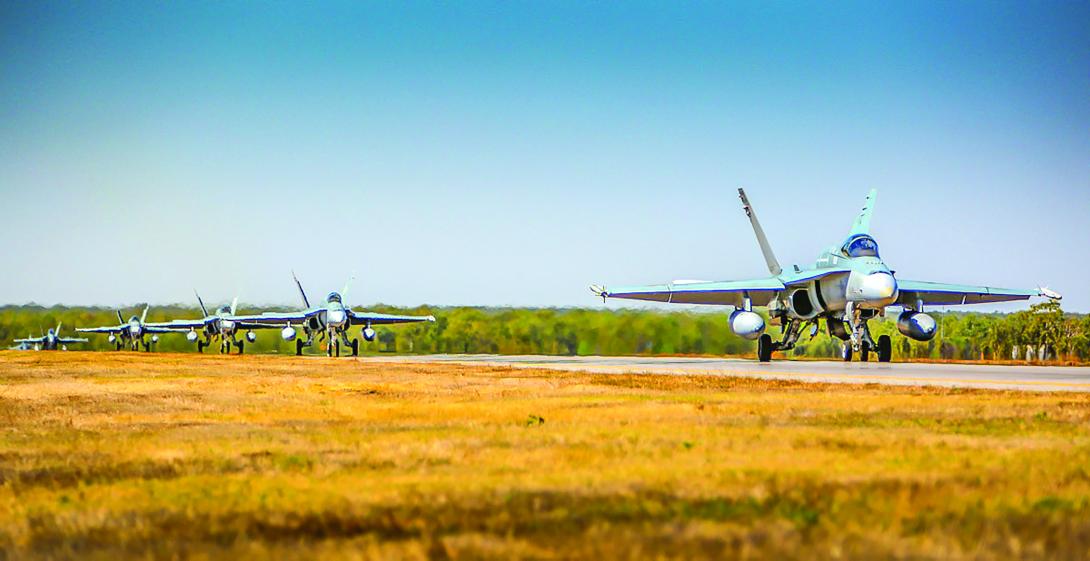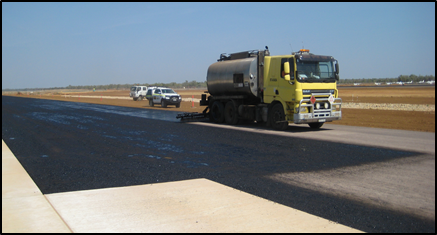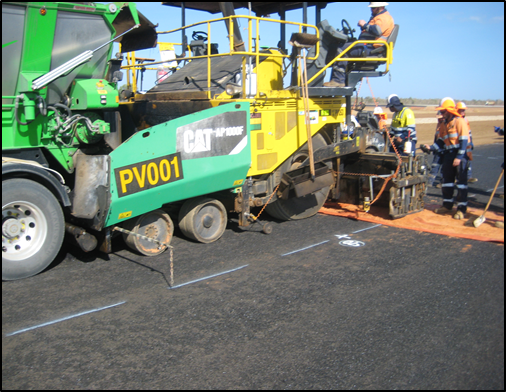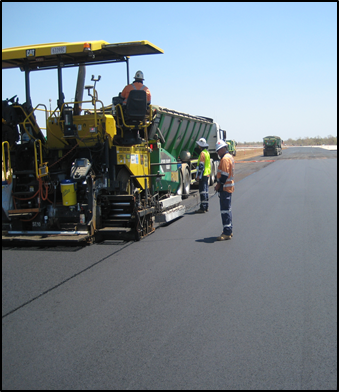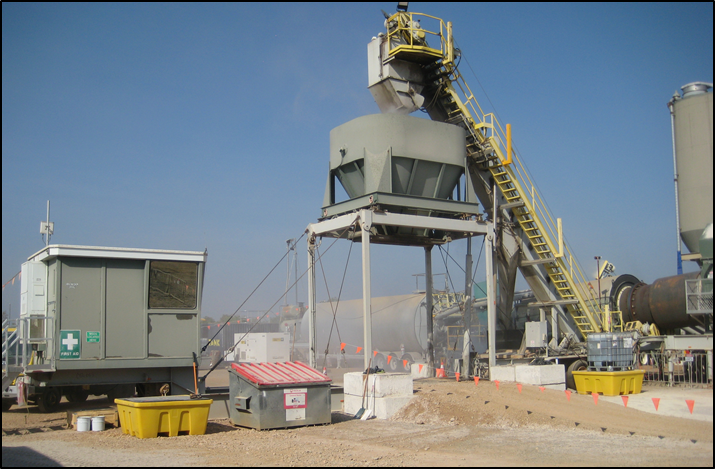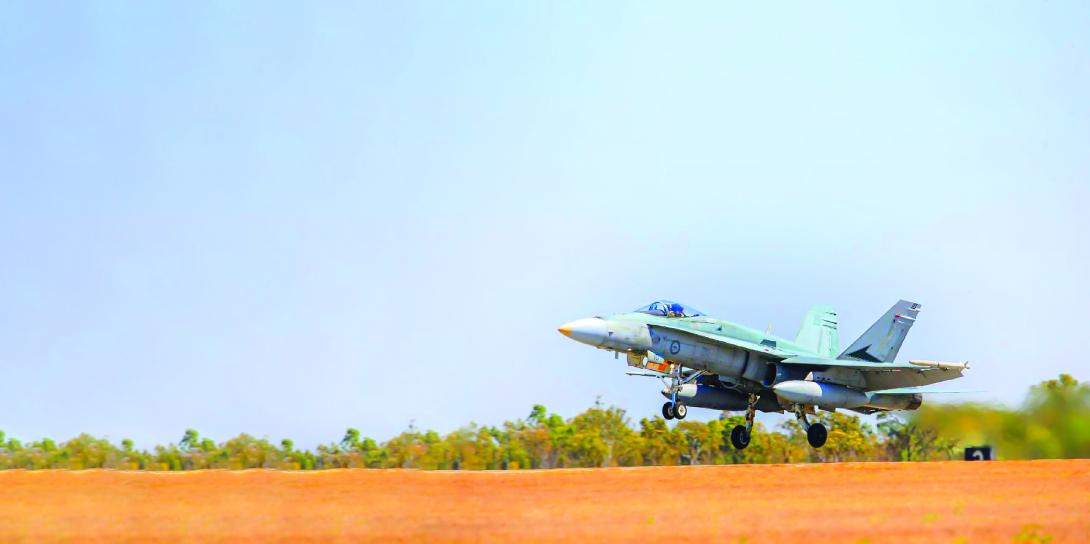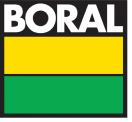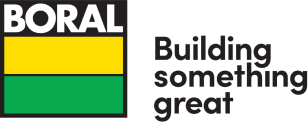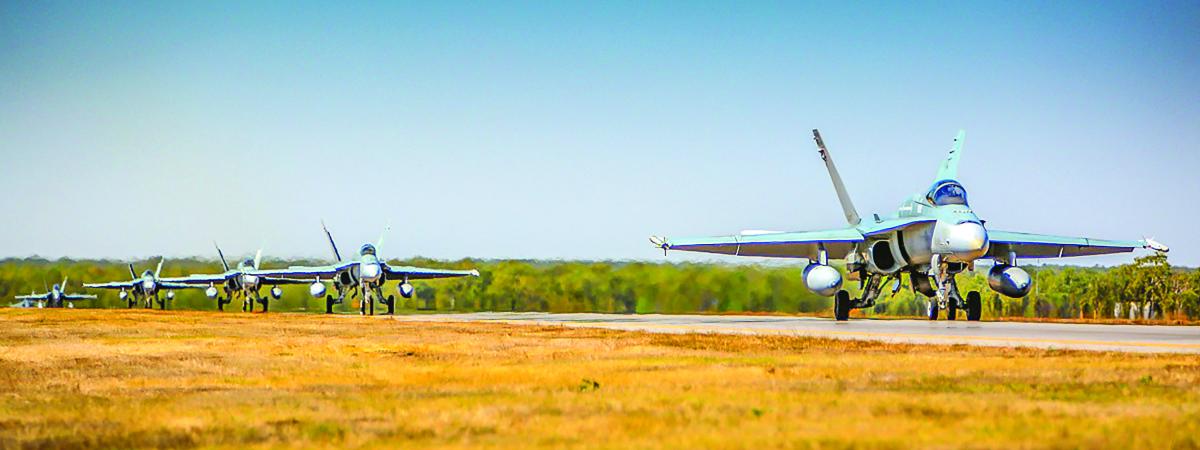The Royal Australian Air Force Base Tindal, located in Katherine, Northern Territory, underwent significant upgrades to meet exercise, training, and contingency requirements. These upgrades were essential to support airborne early warning and control aircraft using Tindal as a base for various operations.
Project Challenge
The challenge was to ensure safe and effective operations at Tindal RAAF Base, which required specific facilities including the removal of faulty asphalt and the creation of hardstands, car parks, and access roads. As a military site, the team faced and successfully overcame many procedural obstacles to gain access to the site for our people, plant, and equipment. Boral's experience with defence airfields and public airports were crucial in overcoming these challenges.
Boral's Solution
Boral developed special airport design mixes using local materials for the supply and placement of the asphalt surfacing, assisted by a mobile plant established at Katherine, 15 kilometres south of the base. Specific asset maintenance plans and daily checks were carried out to ensure the mobile asphalt plant and major plant items were in operation throughout the project, resulting in no downtime. Fatigue management plans were also developed specifically to the local conditions to manage employee welfare, particularly hydration, resulting in no lost time for any individual or crew.
As part of the project onboarding process, Boral established the T150 mobile asphalt plant on site. Thanks go to our Whinstanes manufacturing workshop team who undertook a prompt maintenance turnaround on the plant following its use for a project in Mackay. The plant was fully serviced with extensive works completed on the cold feed system, SEB, and plant control system in preparation for its new project 3110 kilometres from Queensland in Katherine. Boral Logistics used eight trailers to transport the T150 from Whinstanes to Katherine over four weeks.
Boral's Brad Robinson, Mitch Muscat, David Sawina, and Rhys Keogh worked very closely with the BMD and Lendlease Construction site representatives to ensure that the people and asphalt plant were established, installed safely, and in accordance with the RAAF site requirements.
Project Outcomes
The project includes the construction of new rigid and flexible aircraft pavement solutions, and the rehabilitation of existing infrastructure for current and future aircraft operations. These upgrades were completed on time, within budget, and maintaining the base's operations at all times.
The establishment of the number of resources for a project of this size was no easy task, with the onboarding process for people, plant, and equipment taking around six weeks to complete with no less than three stages required for everyone to enter the site. This process has been controlled internally by an interstate project group from Victoria, South Australia and Queensland.
Contracting works commenced in September 2023 with the prime of the new FCR pavement undertaken by the South Australian crew supervised by Graham Castanelli and Kiri Gibbins. The priming of a significant portion of the FCR shoulders in windy conditions surrounded by completed concrete pavement was outstanding and a tribute to the professionalism and level of detail exhibited by the prime team.
Queensland asphalt crews from Narangba and Stapylton were successfully onboarded to provide sufficient resourcing for the quality specification requirements associated with the paving operations. Stage one of the asphalt placement works has been completed with the next stage of the paving works expected to recommence prior to the start of the wet season.
Conclusion
The upgrades at Royal Australian Air Force Base Tindal represent a significant step forward in ensuring safe and effective operations for airborne early warning and control aircraft. Boral's contribution to this project underscores our capability for delivering complex defence and airport infrastructure in demanding environments.
